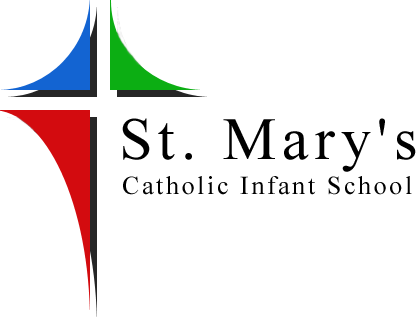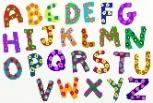Reception

27th June 2025
Dear Parents and Carers,
Dear Parents and Carers,
We’ve been so impressed with the creativity, independence, and maturity our children have shown this week. Their growth as writers, thinkers, and kind classmates continues to shine through.
|
Religious Education
We explored how Jesus showed friendship through his actions. We looked at how he listened, forgave, helped, and spent time with others—important messages that link directly to how we treat our friends in school. Home Learning Task:
|
Phonics
This week’s phonics focus was on root words with the –ing and –ed suffixes, helping children build vocabulary and fluency in reading and writing. Some of the key vocabulary included:
We revisited tricky words including: some, come, love, said, have, like, do, go, the, I, no, you, was, so. Home Learning Task (Phonics): |
|
Communication, Language and Literacy
This week, we wrote letters responding to the story This Is Not My Hat by Jon Klassen. The children questioned the little fish’s behaviour and reflected deeply on whether it was right or wrong to take something that didn’t belong to them. They drafted, edited, and published their final letters with care, and the results were outstanding. The children’s ability to express personal opinions, apply phonics, and structure their writing with voice and purpose has been truly inspiring.
Next week:
Home Learning Task |
Maths
This week, we sharpened our number bond knowledge—focusing on different ways to make 5 and recognising how to apply these facts to solve problems. Children are becoming more confident in using resources, visual models, and fingers to support their mental calculations. Next week: Home Learning Task:
|
|
Important Information
|
|


